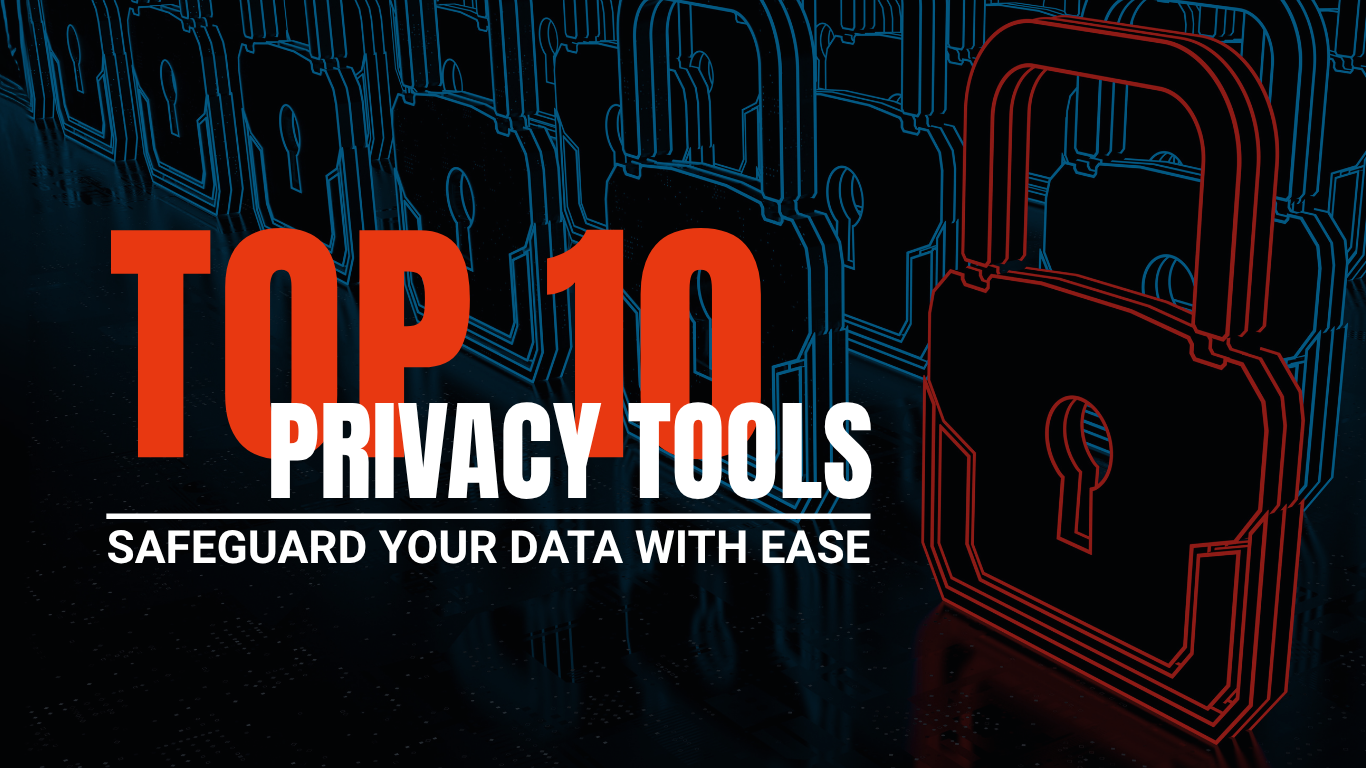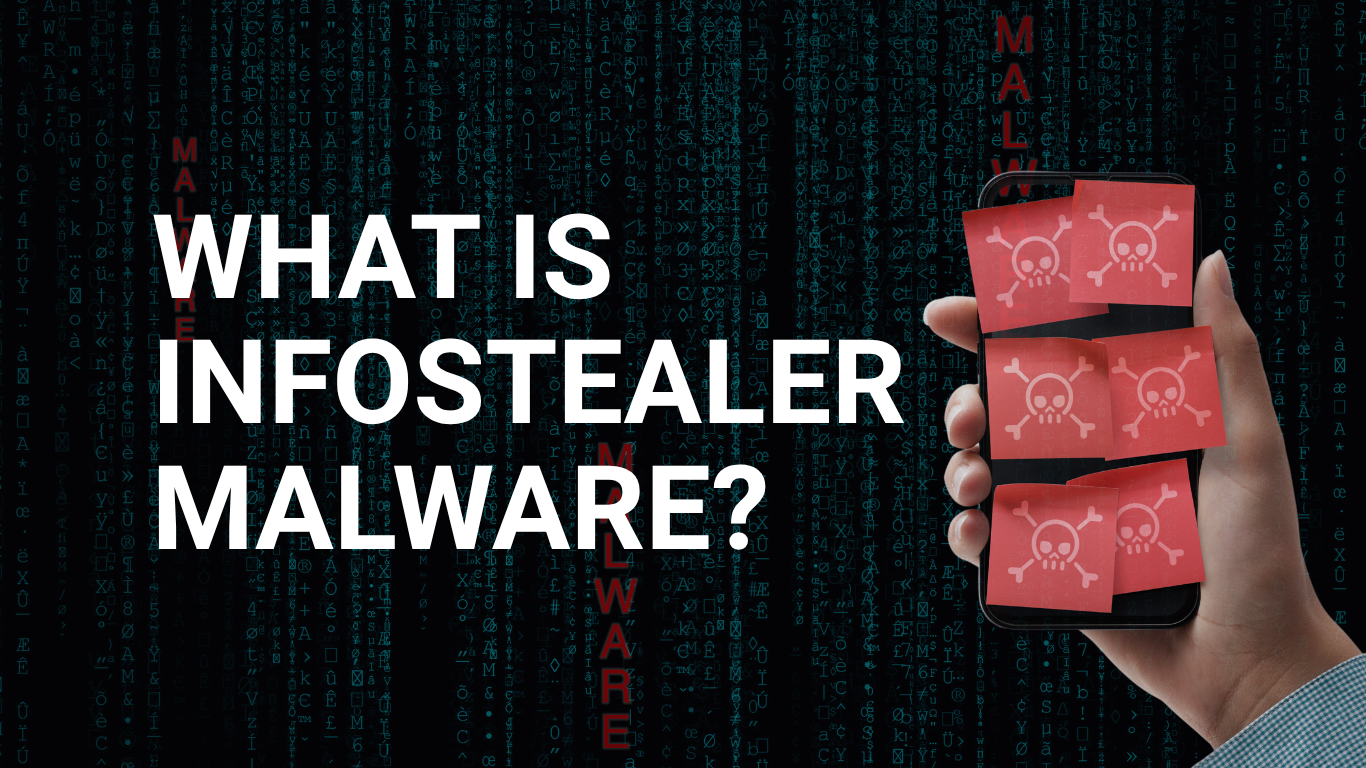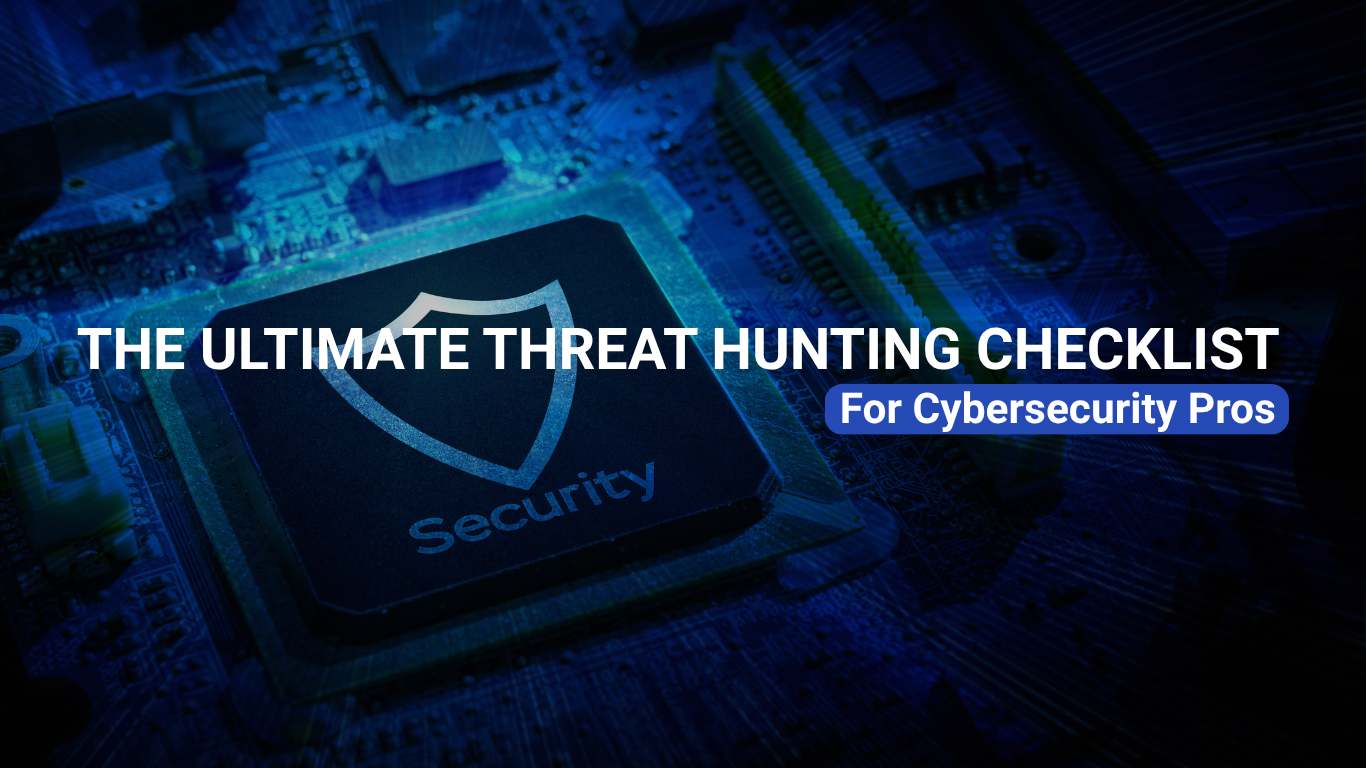Tips to Shop Safely During Black Friday and Cyber Monday
For shoppers, the four days between Black Friday and Cyber Monday are like Christmas-come-early. On these days, they can snatch amazing deals from their favorite retailers and get great bargains just before the festive season.
Unfortunately, there’s also a downside. While Black Friday and Cyber Monday can bring potential windfalls to shoppers, they can also do the same for cybercriminals who want to perpetrate scams and frauds.
So how can you stay safe from these criminals?
Read on!
Be wary of emails highlighting a problem you were not expecting
Phishing scams are very common during the Black Friday/Cyber Monday shopping season. In 2020, 30% of U.S. consumers had received a phishing text or email. One common scam is the fake order scam in which a fraudster will notify you of an “issue” with your online order via email or text. The message appears to be from a legitimate sender, but it’s not.
The scammer will try to get you to click on a link in the message in order to “resolve” the issue. You will then be directed to a web page where you will be asked to provide your financial details, which they will then use to steal your identity or funds.
Stay safe tips: Avoid buying from unfamiliar retailers and never click on links inside unsolicited messages. If you’re unsure of a seller’s legitimacy, read reviews from trusted websites or contact websites like The Better Business Bureau. Track your orders on the retailer’s site. If you do receive a suspicious email, contact the seller directly to confirm if there’s really a problem with your order.
Keep an eye out for bogus websites
Some Black Friday scammers create bogus websites that look like legitimate retailers’ websites. The idea is to take advantage of users who incorrectly type a URL into web browsers. They also add these links to phishing emails. If you click on the link, you will be directed to the scam site that will then steal your login credentials or payment information. You may also lose money if you place an order through the bogus site.
Stay safe tips: The best way to avoid falling for this scam is to go to the retailer’s site directly by manually and carefully typing the address in the browser or on Google. Again, be skeptical of any links inside email or text messages. If you do click on these links, always check the spelling first so you don’t fall for a www.besttbuy.com or a www.targit.com.
Shop online from secure websites
Before you start shopping, always check the web address bar. Does it say http:www.macys.com or https://www.macys.com? The “s” (s: secure) after http can make the difference between an amazing Black Friday shopping experience and a fraudulent one.
HTTPS sites are more secure than HTTP sites. They also come with a little padlock symbol near the URL, indicating a secure connection, so any sensitive information you send to the site, such as passwords or bank details, will remain private and secure.
Stay safe tips: Avoid shopping on non-secure websites. Be especially careful about inserting your financial or personal information into these sites. Also secure all your shopping accounts with strong passwords, and if possible, multi-factor authentication (MFA). MFA provides an additional layer of defense that makes it harder for a crook to hack into your account and steal your information or money.
Protect yourself from charity fraud
A fake charity scam is a common occurrence during Black Friday. In this scam, the fraudster will set up a phony charity and email you with a pitch to “act now”. The sense of urgency is a giant red flag. Genuine charities will never pressure you into making donations. They also won’t ask for donations in the form of gift cards or cryptocurrencies which can be hard to trace. It’s even harder to recover funds if you realize that you have been scammed.
Stay safe tips: Always check the legitimacy of the charity. The U.S FTC website has a good place to start. Also avoid sending money to any charity – or seller for that matter – via hard-to-trace payment methods.
Other tips to stay safe during Black Friday and Cyber Monday
There are other things you can do to protect your information, money, and yourself from scammers. To start with, remember that if a deal seems too good to be true, it probably is. Be very careful about clicking on that Buy Now button if you come across such deals.
Use VPN to mask your location and IP address if you shop on a public WiFi network. Protect your device with reliable antivirus and anti-malware software. Try to pay via a credit card instead of a debit card, because many U.S. credit card providers are obliged to refund money to fraud victims. If possible, use a digital wallet like Apple Pay or Google Pay to keep your bank details and funds safe from scammers. Finally, don’t give out more personal information during shopping than you have to. This is crucial to protect your identity online.
Have fun…but stay safe
Over the past few years, many popular online retailers have put out Black Friday deals to attract more shoppers. By all means, take advantage of these deals and enjoy the shopping experience. But also be aware of the dangers that can quickly turn your amazing experience into a nightmare. Have fun…but stay safe!
ForeNova provides world-class cybersecurity solutions that empower businesses to gain visibility into the threat landscape, detect threats, and respond to security incidents. Our tools are backed by powerful AI technology and up-to-date models to eliminate security blind spots and prepare organizations for the security challenges of the modern world.






